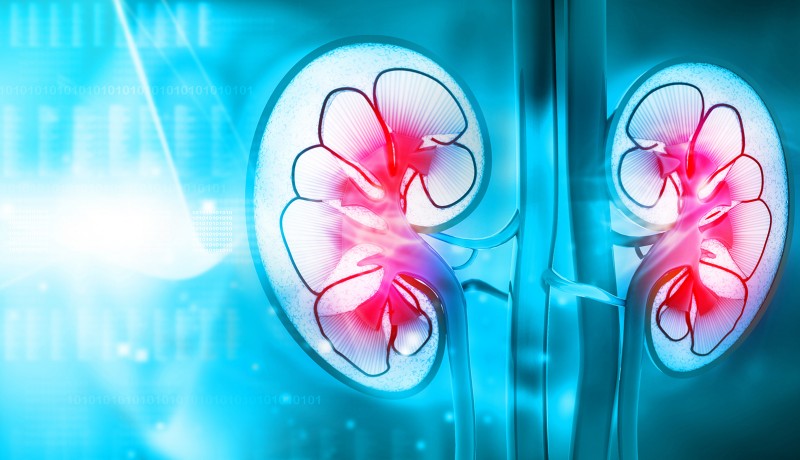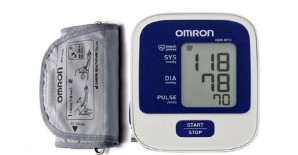
Health

Dr Niranjan S Kulkarni, consultant nephrologist at Mumbai’s Kokilaben Dhirubhai Ambani Hospital, discusses the warning signs, and how to spot them.
What are the most common causes and symptoms of kidney disease and kidney failure?
Diabetes is, by far, the most common cause of kidney failure and kidney disease, followed by high blood pressure or hypertension—they are both very common in Indians and among silvers. Common symptoms of kidney disease are swelling of the leg or face. In the advanced stage, the individual may suffer loss of appetite, weakness, lethargy, inability to concentrate, nausea and reduced urine flow. If one has a swelling on the leg, one should get tested immediately. Some basic tests like a simple urine examination or a simple blood test will check serum creatinine and blood sugar levels. A physical examination is also in order to check blood pressure levels. In 60-70 per cent of cases, kidney failure is caused by diabetes or hypertension. Other causes could be glomerulonephritis (acute inflammation of the kidney, typically caused by an immune response) or even hereditary factors.
What precautions can one take?
Individuals who suffer from diabetes or high blood pressure should have regular checkups. The most essential thing is to keep sugar levels and blood pressure under control; do regular urine tests; and check for early indicators of one’s kidneys being affected owing to diabetes or high blood pressure. One should also not slip up or stop taking one’s medication for diabetes or hypertension. Also, avoid taking medicines that might be harmful to the kidney. If you already have a kidney problem and if it is in the early stages, taking such medication will worsen your kidney function. Whenever you visit a doctor for anything, make sure you tell them your kidney function is slightly impaired so they prescribe accordingly.
What should one do if one suffers from kidney disease?
There are two types of kidney problems. Acute kidney failure happens all of a sudden and usually relates to infections, medication, malaria or dengue. When we treat the primary cause, the kidney is expected to recover. Chronic kidney disease, on the other hand, is a long-standing kidney problem and largely relates to diabetes and hypertension. This is not reversible. All one can do is reduce the rate at which kidney function is impaired by keeping diabetes, blood pressure and diet under control, and making sure one does not take any medication that can harm the kidney. This reduces the load on the kidney. However, if one’s condition worsens, some form of replacement therapy may be required like dialysis or transplantation. Bear in mind that dialysis will not help you recover kidney function; all it does is remove toxins from your body, which is the main function of the kidney. Hence, it is called ‘renal replacement therapy’. Dialysis needs to be performed three times a week, with each session lasting four hours.
Featured in Harmony — Celebrate Age Magazine March 2016
you may also like to read
-
Hot tea!
If you enjoy sipping on that steaming hot cup of tea, think twice. New research establishes a link between drinking….
-
Weight and watch
If you have stayed away from lifting weights at the gym, thinking it might not be a good idea for….
-
Toothy truth
Research has established a clear association between cognitive function and tooth loss when cognitive function score was categorised into quintiles…..
-
PRODUCT OF THE MONTH
Automatic Blood Pressure Monitor Measure your blood pressure and pulse rate with no fuss Hypertension, or high blood pressure, could….








